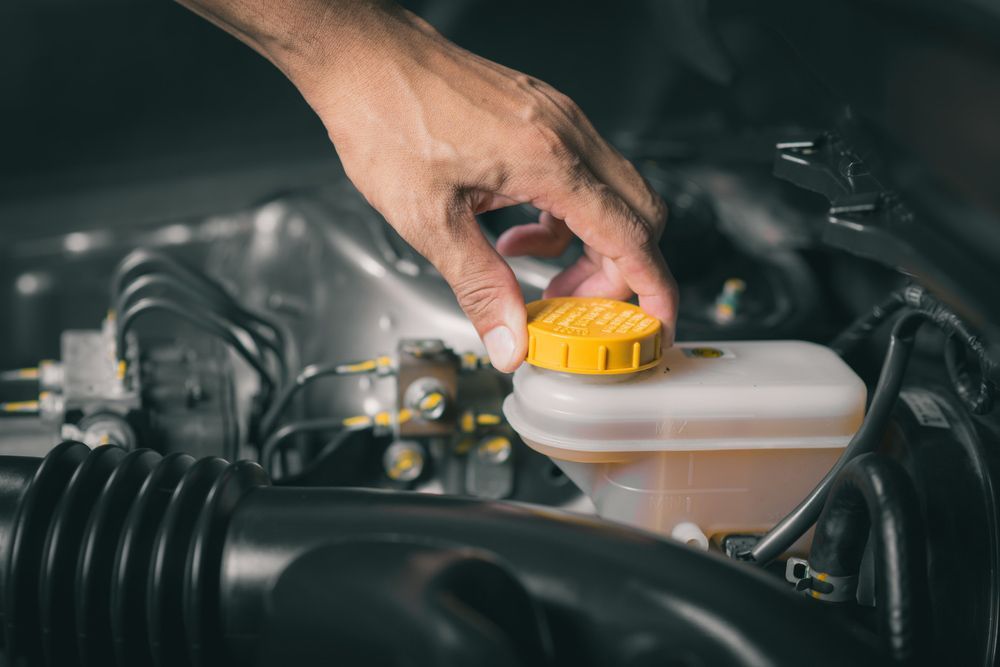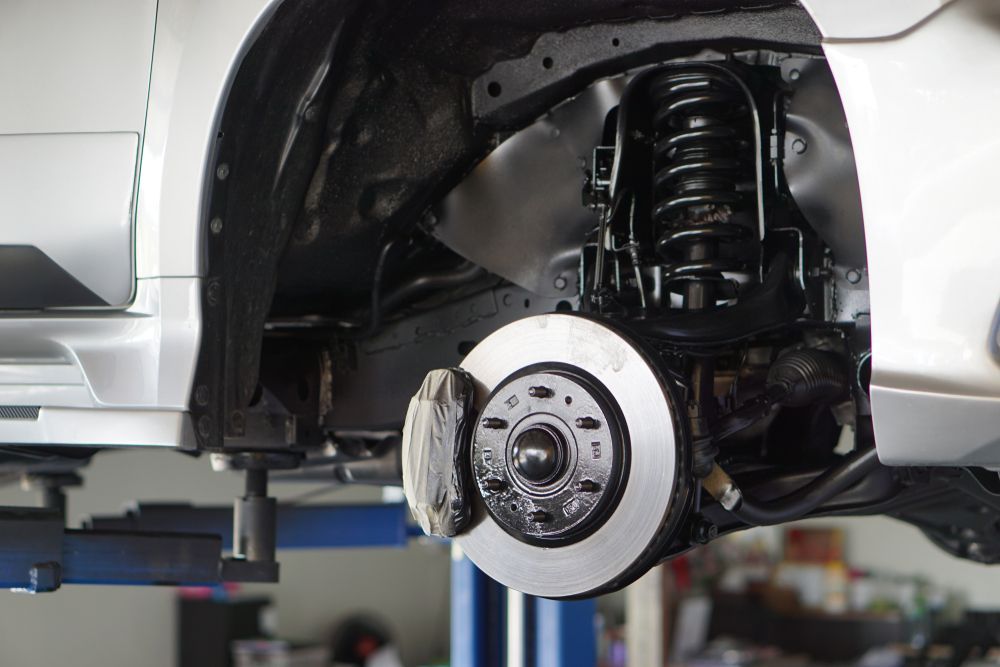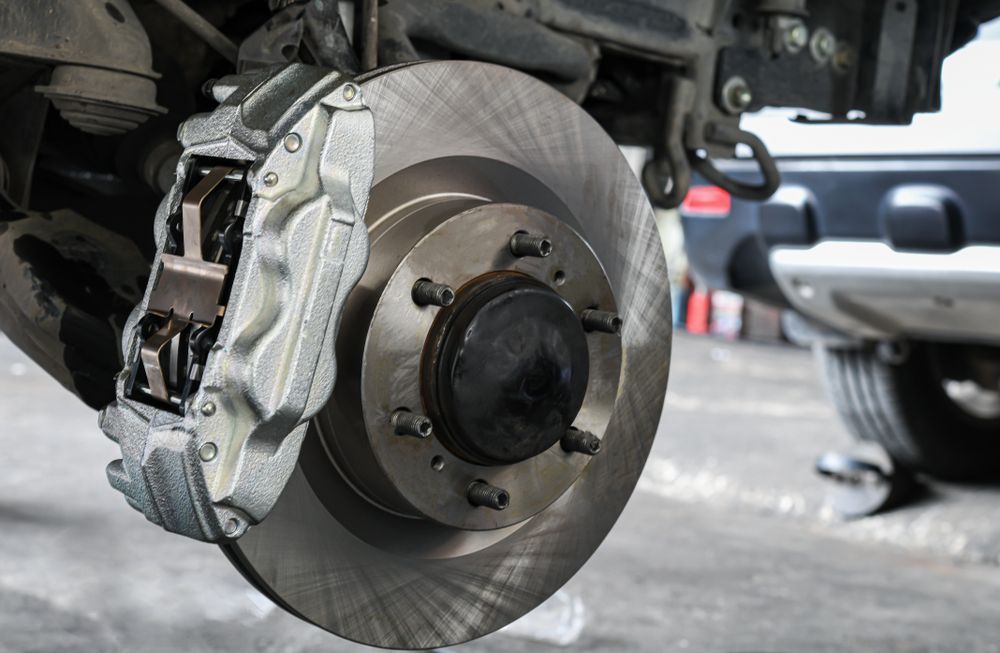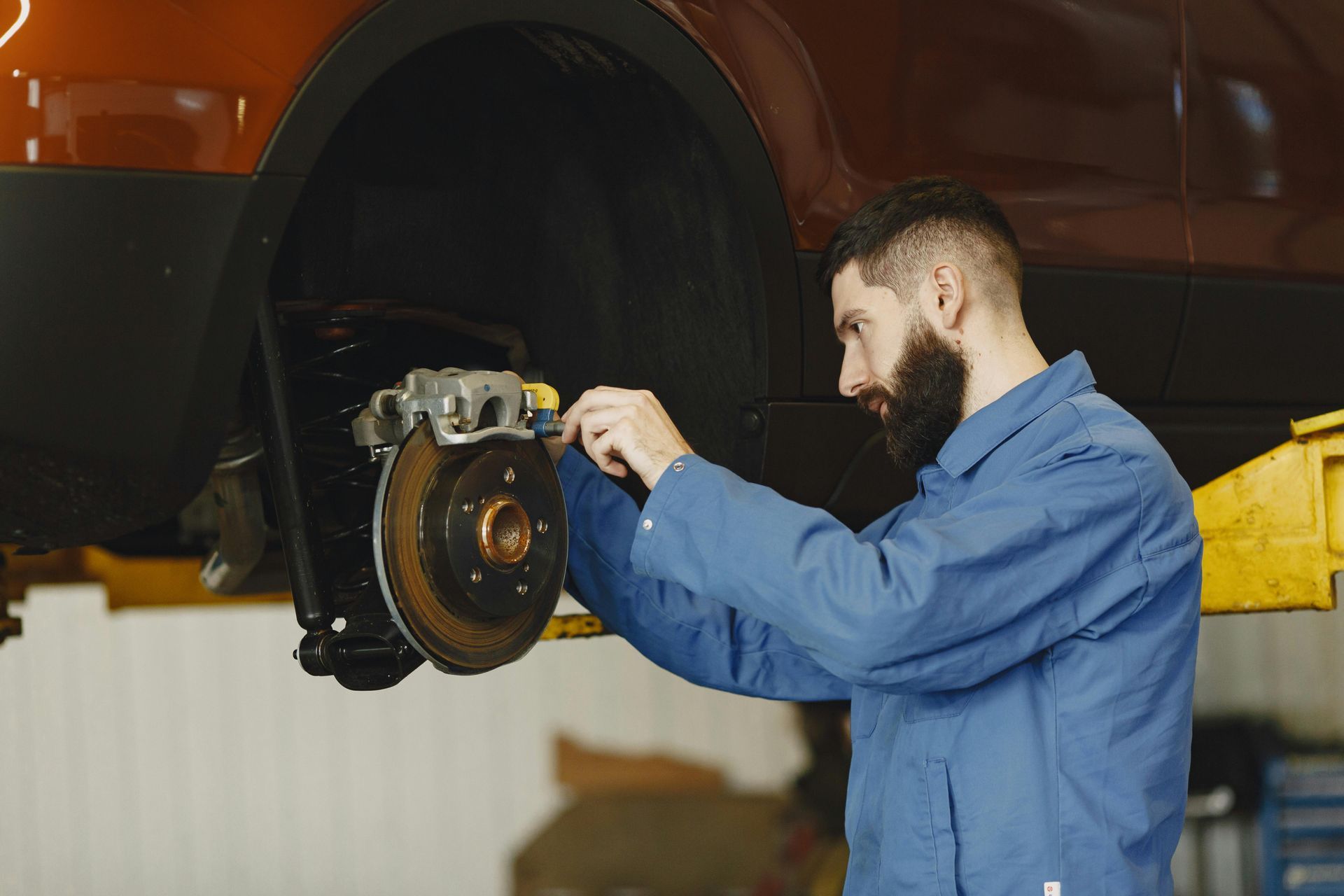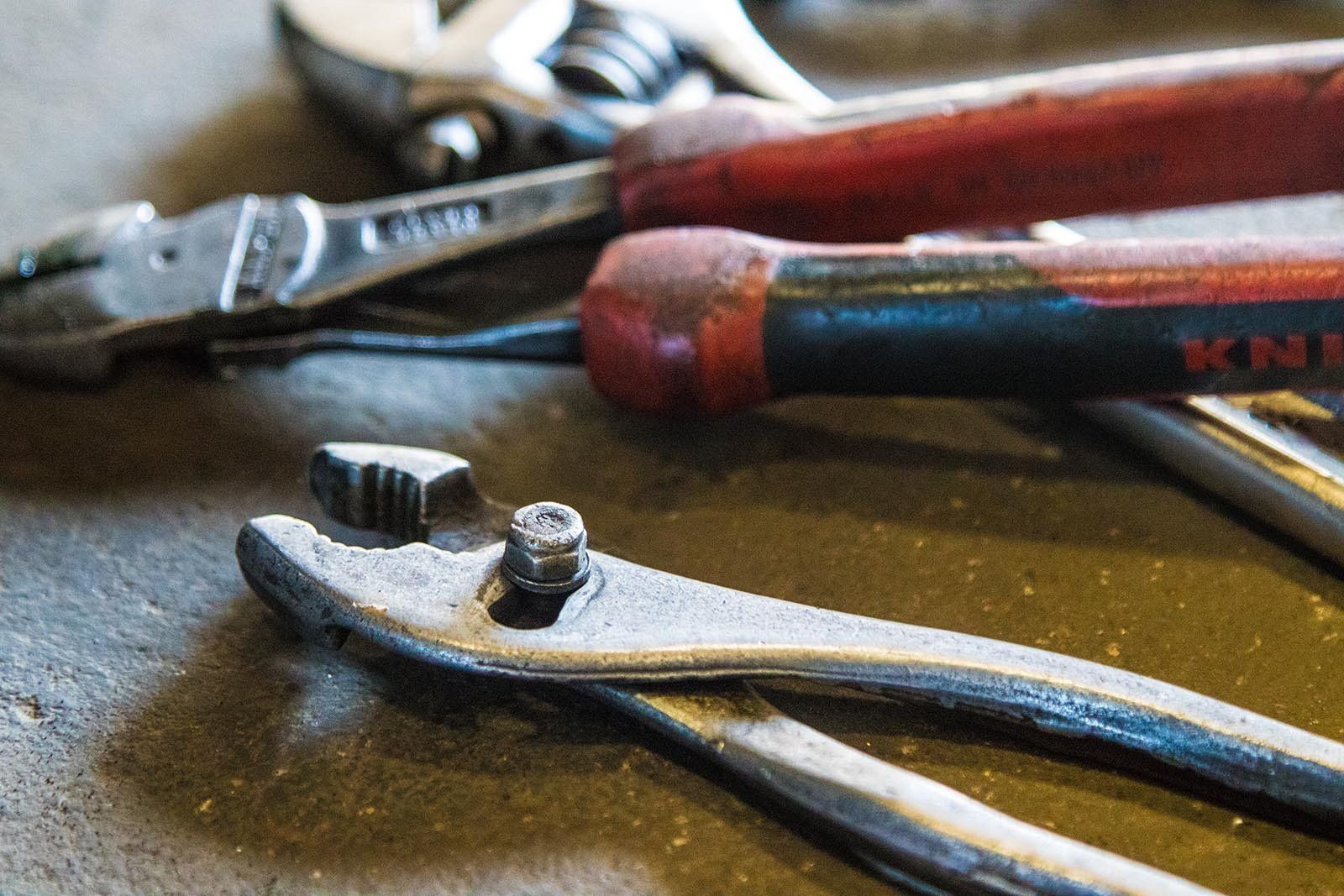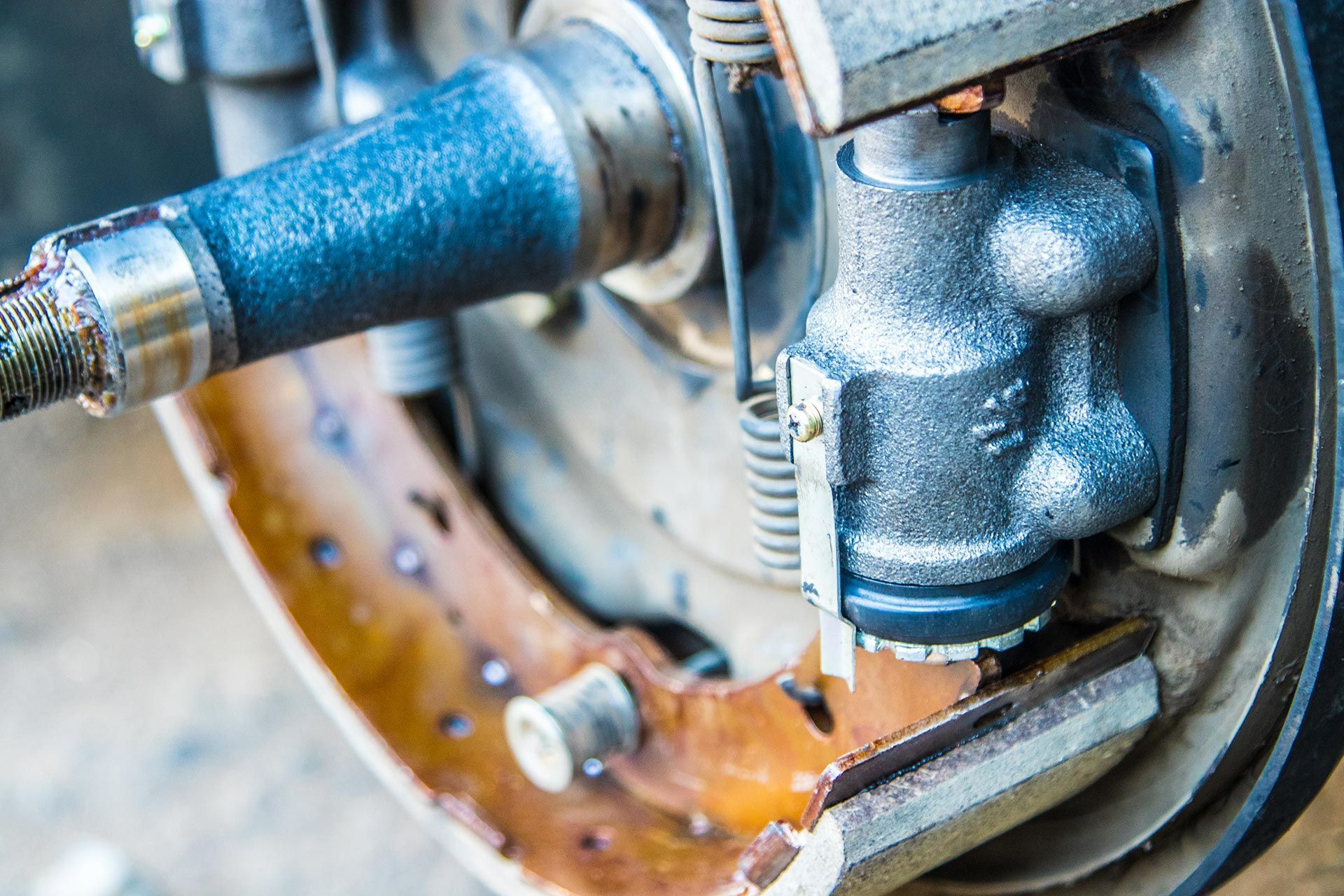Top 8 Warning Signs Your Brakes Need Immediate Attention
When driving on regional roads—where wildlife crossings, long descents, and unpredictable weather are common—your brakes are your most important safety feature. While some issues with your vehicle can wait a few days, brake concerns demand urgent attention. Overlooking early signs could mean the difference between stopping safely and ending up in a serious collision. Understanding the warning signs of brake failure helps prevent accidents and ensures your car stays in top working condition.
Below are eight signs that your braking system needs professional servicing. If you notice any of these symptoms, speak to a brake specialist in Tamworth.
1. Squealing or Grinding Sounds When Braking
When applying your brakes, odd noises are among the most recognisable indicators of a problem. Squealing often means your brake pads have worn down to the wear indicators—small metal tabs designed to alert you when pads are nearly finished.
Conversely, grinding typically signals metal-on-metal contact between the rotor and calliper, which can cause extensive damage if not addressed.
Common causes of brake noises:
- Worn-down brake pads reaching their wear indicators
- Dust, grit or debris caught in the brake assembly
- Lack of lubrication on the calliper slides or pads
- Brake rotor scoring from prolonged neglect
Leaving these noises unaddressed can lead to more costly repairs, reduced braking efficiency and even rotor replacement.
2. Brake Pedal Feels Spongy or Soft
It's a serious red flag when your brake pedal no longer feels firm underfoot and starts to sink closer to the floor. A spongy or unresponsive pedal can be caused by air in the hydraulic system, a brake fluid leak or worn master cylinder seals.
These issues affect braking performance and can escalate without warning.
Possible reasons for a soft brake pedal:
- Air bubbles in the brake lines are due to poor fluid maintenance
- Leaking brake fluid from a hose, line or calliper
- Deteriorated master cylinder components
- Contaminated brake fluid or moisture ingress
In regional areas, where emergency stops may be required at short notice, unreliable pedal feedback poses a significant risk.
3. Steering Pulls to One Side While Braking
When your vehicle drifts to one side under braking, it is often caused by uneven braking force. This might be due to a seized calliper, contaminated brake pads, or inconsistent pad wear.
Not only does this affect control, it can also increase tyre wear and reduce stopping power.
Signs of brake-related pulling:
- The car veers left or right as soon as the brakes are applied
- Tyre wear is uneven across the front axle
- Steering feels shaky or twitchy during braking
- Noises from one side of the car
Regional drivers often navigate gravel shoulders, narrow roads and sharp bends, making brake balance critical to maintaining control.
4. Vibrations or Pulsations in the Brake Pedal
Brake pedal vibrations often indicate warped rotors, especially when felt during moderate to hard braking. These pulsations occur as the brake pads press against uneven rotor surfaces.
Left unchecked, this issue can compromise braking consistency and lead to mechanical strain.
Common triggers of brake vibrations:
- Overheated brake rotors from repeated hard braking
- Warping caused by rapid cooling of hot components (e.g. driving through puddles)
- Uneven brake pad wear or glazed pads
- Loose brake components or misalignment
Consistent vibrations may start subtly but will worsen with time and should be inspected promptly.
5. Dashboard Brake Warning Light Turns On
Modern vehicles are equipped with sensors that detect brake system faults. When the dashboard brake light activates, it’s signalling a problem that may involve brake fluid, the master cylinder, or the ABS system.
Ignoring this alert can lead to sudden brake failure.
What a brake warning light may indicate:
- Low brake fluid levels in the reservoir
- ABS malfunction or sensor fault
- Worn brake pads triggering a sensor
- Handbrake not fully released
Even if the vehicle appears to brake normally, the presence of a warning light should prompt immediate inspection by a qualified brake specialist.
6. Burning Smell After Braking
You may notice a chemical or burnt odour after descending a long hill or using the brakes frequently. This is a warning that your brakes are overheating and may begin to fail due to fluid boil or pad glazing.
Possible reasons for a burning brake smell:
- Overuse of brakes on long declines
- Seized calliper or sticking brake pad
- Brake fluid leakage onto hot components
- Excessive braking with heavy loads or towing
If smoke accompanies the smell or the pedal begins to feel soft, pull over immediately and allow the brakes to cool.
7. Increased Stopping Distances
When your car starts taking longer to come to a stop than it once did, this is a critical safety concern. Increased stopping distance may indicate worn brake pads, contaminated fluid, or a reduction in braking pressure.
This issue can develop gradually, making it harder to notice.
Key indicators of poor braking efficiency:
- The pedal feels normal, but the car needs more road to stop
- Slower response when brakes are applied quickly
- Reduced stopping power in wet or uneven conditions
- Brake fade after prolonged use
Given the unpredictability of road surfaces in rural and regional areas, reliable braking performance is essential.
8. Visible Brake Fluid Leaks or Low Reservoir Levels
Your braking system relies on hydraulic pressure, which is only maintained with the right level and condition of brake fluid. If you notice a drop in fluid or see a leak under your vehicle near the wheels or engine bay, this could indicate a serious issue.
Brake fluid warning signs:
- Reservoir below the minimum line
- Greasy residue around the wheel well or brake lines
- The brake warning light remains on
- Fluid looks dark or contaminated
Leaks impair braking ability and can cause internal damage to ABS components and cylinders.
Need Brake Repair Near You? We’ve Got You Covered
At Kings Brake Service Specialists, your safety is our priority. We understand the unique challenges of driving on regional roads—steep hills, unsealed tracks, and unpredictable wildlife crossings. Our skilled team offers tailored brake inspections, repairs, and machining to ensure your vehicle performs reliably under all conditions.
If you’ve noticed any of the warning signs above, don’t wait until it’s too late.
Give us a call or
book a service online and let our brake specialists restore your peace of mind. Whether you’re towing, touring or commuting, we’re here to ensure your brakes in Tamworth are ready for anything the road throws your way.

